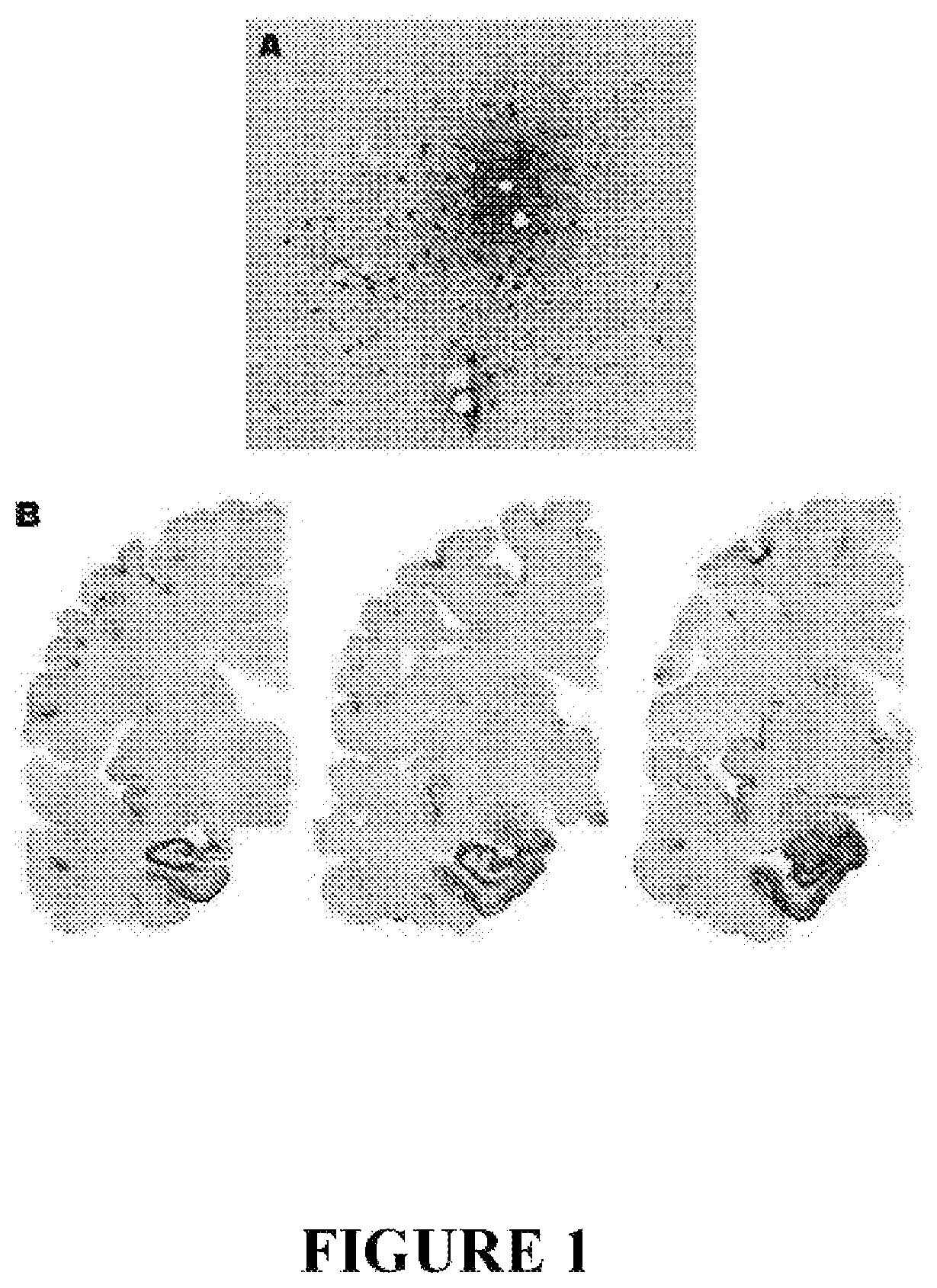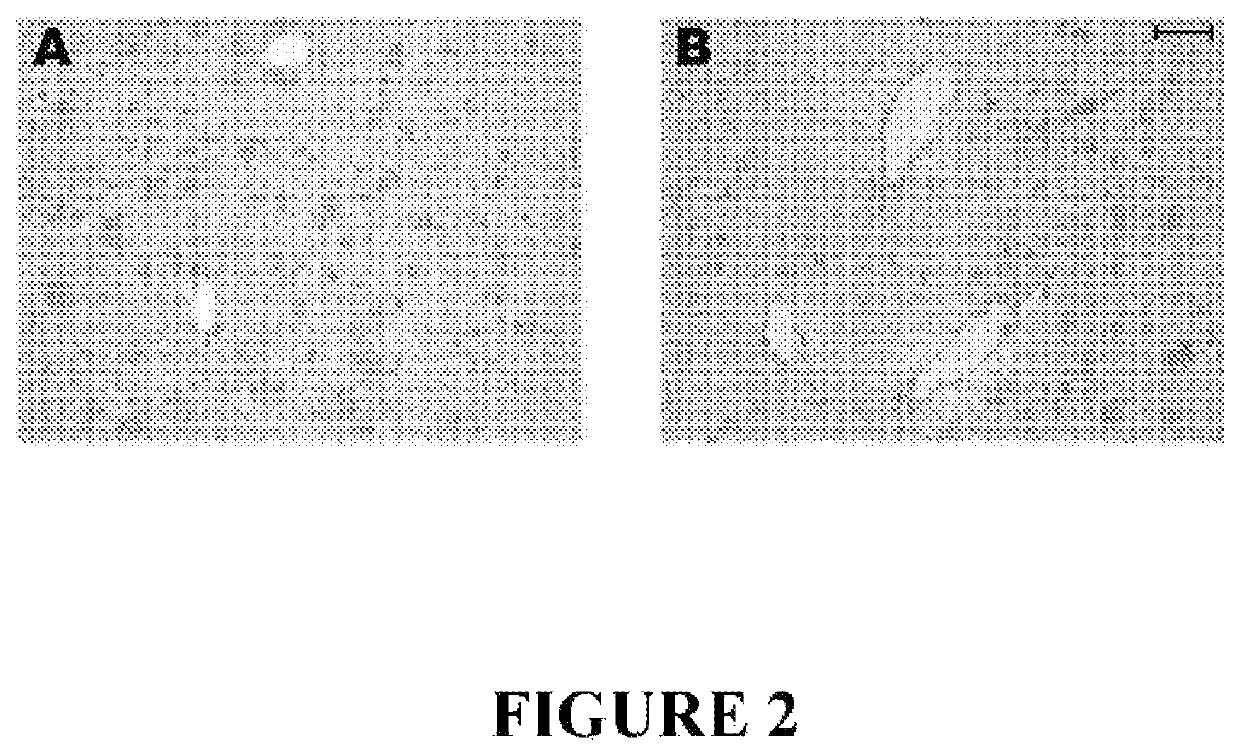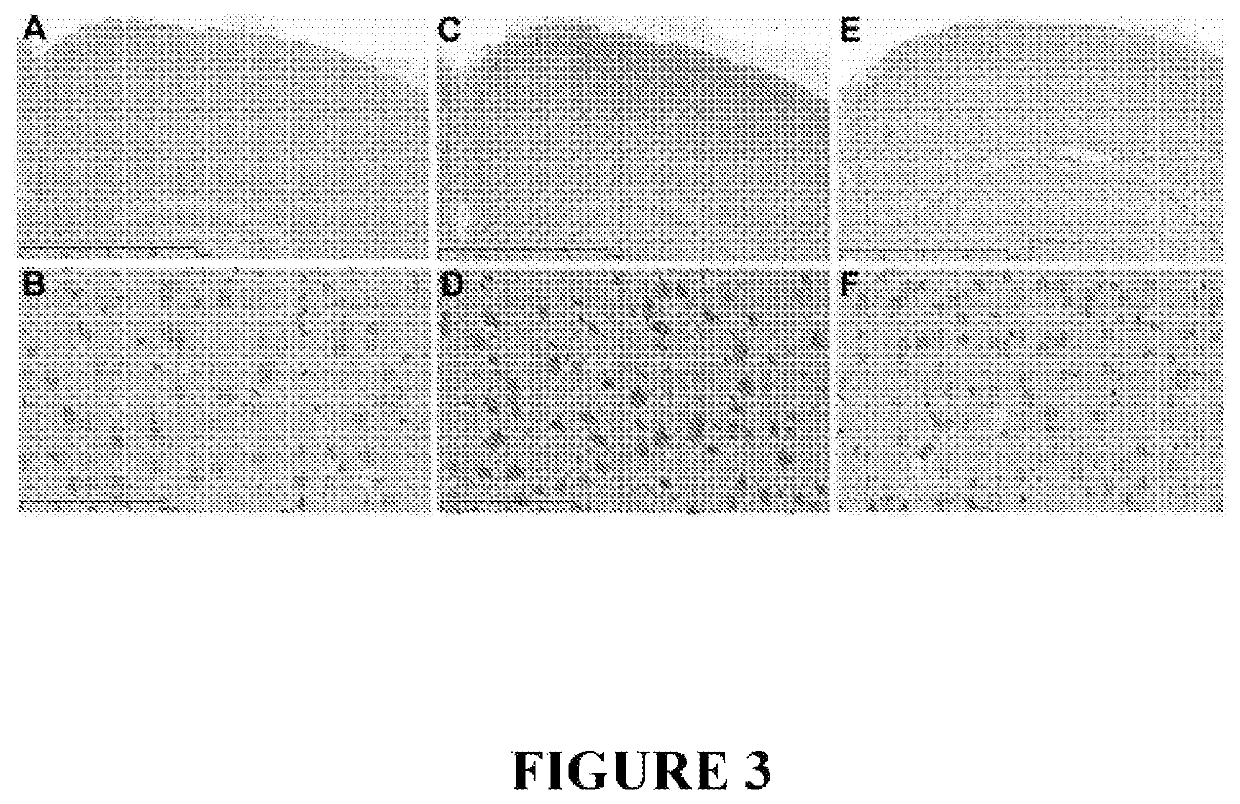Method for preventing and/or treating chronic traumatic encephalopathy-I
a technology treatment method, which is applied in the field of prevention and/or treatment of chronic traumatic encephalopathy, can solve the problems of increased risk of concussion in sports, and increased risk of concussion in adolescents, etc., and achieve the effect of improving the prognosis and/or state of a subj
- Summary
- Abstract
- Description
- Claims
- Application Information
AI Technical Summary
Benefits of technology
Problems solved by technology
Method used
Image
Examples
example 1
Concussion Results in Accumulation of Hyperphosphorylated Tau
[0104]A number of clinical and experimental studies have now shown that there is an accumulation of hyperphosphorylated tau following concussive injury. Accumulation of neurofibrillary tangles containing hyperphosphorylated tau is a hallmark pathology of chronic traumatic encephalopathy, especially when this accumulation is perivascular and predominantly found within the superficial neocortical layers, particularly at the base of the sulci. In human studies (McKee et al., 2009, J Neuropath Exp Neurol 68, 709-735) such a distribution of hyperphosphorylated tau is readily apparent in subjects who have a history of repeated concussive events (FIG. 1). In this particular example, localization of hyperphosphorylated tau is shown in an NFL football player with a history of repeated concussion. Note the perivascular localization of hyperphosphorylated tau (A) with highest accumulations at the base of the sulci. This pathology is ...
example 2
Concussion Results in Perivascular Substance P Release
[0105]Having established that hyperphosphorylated tau accumulates perivascularly following concussive injury, we used an animal model of concussion to investigate whether concussion causes perivascular release of substance P. We developed a rodent model of concussion to replicate the concussive event (Donkin et al., 2004, 7th International Neurotrauma Symposium, pp 75-78, Medimond Publishers, Bologna, Italy) and subsequently determined whether substance P was released after such an event. There was a clear increase in brain perivascular substance P immunoreactivity after the concussive event (FIG. 2). We propose that mechanical stimulation of sensory nerve fibres was responsible for this perivascular release of substance P. These results are consistent with previous studies in non-brain tissue demonstrating that mechanical stimulation of sensory nerve fibres induces substance P release (Ang et al., 2011, PLoS One 6, e24535).
example 3
Administration of a NK1 Receptor Antagonist Prevents Tau Phosphorylation
[0106]Having shown that mechanical injury causes release of substance P after concussive injury, we then investigated whether a substance P NK1 receptor antagonist reduces tau hyperphosphorlation after concussive injury. FIG. 3 shows the effects of an NK1 receptor antagonist (n-acetyl-L-tryptophan) on tau phosphorylation after concussive injury. Note that concussive injury in the rat causes extensive tau phosphorylation (C,D) by 3 days after the concussive event compared to non-injured animals (A,B). The administration of the NK1 receptor antagonist at 30 min after the induction of injury results in almost complete inhibition of tau phosphorylation at this 3 day time point (E,F). Thus, administration of an NK receptor antagonist prevents tau hyperphosphorylation and thus prevents the development of CTE.
PUM
| Property | Measurement | Unit |
|---|---|---|
| median time | aaaaa | aaaaa |
| median time | aaaaa | aaaaa |
| median time | aaaaa | aaaaa |
Abstract
Description
Claims
Application Information
 Login to View More
Login to View More - R&D
- Intellectual Property
- Life Sciences
- Materials
- Tech Scout
- Unparalleled Data Quality
- Higher Quality Content
- 60% Fewer Hallucinations
Browse by: Latest US Patents, China's latest patents, Technical Efficacy Thesaurus, Application Domain, Technology Topic, Popular Technical Reports.
© 2025 PatSnap. All rights reserved.Legal|Privacy policy|Modern Slavery Act Transparency Statement|Sitemap|About US| Contact US: help@patsnap.com



